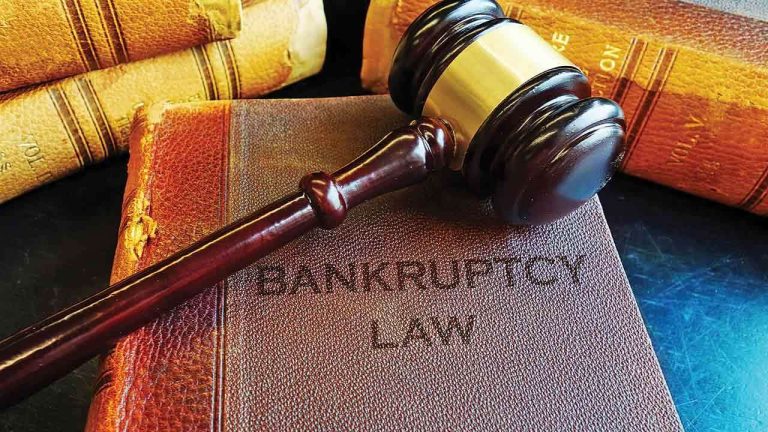When a creditor obtains a judgment against a debtor, it often feels like the final step toward recovering what is owed. However, the debtor’s filing for bankruptcy can dramatically change the landscape of judgment collection. Bankruptcy introduces a legal shield that may delay, reduce, or even eliminate a creditor’s ability to collect on a judgment.
In this article, we’ll explore the impact of bankruptcy on judgment collection, what creditors need to know, and how to navigate this challenging situation.
What Happens When a Debtor Files for Bankruptcy?
When a debtor files for bankruptcy—whether Chapter 7, Chapter 13, or another form—an automatic stay immediately goes into effect. This stay is a powerful court order that temporarily stops most collection activities, including:
- Wage garnishments
- Bank levies
- Lawsuits and enforcement actions
- Phone calls and demand letters
The automatic stay protects the debtor by giving them breathing room to reorganize finances or liquidate assets under court supervision.
Types of Bankruptcy and Their Effect on Judgments
Chapter 7 Bankruptcy
Under Chapter 7, the debtor’s non-exempt assets are liquidated to pay creditors. Many unsecured debts, including most judgments, may be discharged—meaning the debtor is no longer legally required to pay them.
If a judgment is discharged, the creditor loses the right to enforce it.
Chapter 13 Bankruptcy
Chapter 13 involves a repayment plan where the debtor pays a portion of their debts over three to five years. Creditors may receive partial payments based on the debtor’s ability to pay. Judgment creditors must file claims with the bankruptcy court to participate in the plan.
Judgments are generally not discharged until the completion of the repayment plan.
Can Judgments Be Excepted from Bankruptcy Discharge?
Some judgments may not be discharged in bankruptcy, including debts arising from:
- Fraud or willful misconduct
- Certain tax obligations
- Domestic support obligations (alimony, child support)
- Debts not listed properly in bankruptcy filings
If a creditor believes the judgment falls into one of these exceptions, they can file an adversary proceeding to have the debt declared nondischargeable.
What Should Judgment Creditors Do When Bankruptcy Is Filed?
1. Act Quickly to Protect Your Rights
Bankruptcy filings come with strict deadlines. Creditors must:
- File a proof of claim to participate in any distribution of assets
- Monitor the bankruptcy case closely
- File motions or adversary proceedings if challenging dischargeability
Failing to meet deadlines can result in losing the right to collect.
2. Attend Creditors’ Meetings
Creditors can attend the 341 meeting of creditors, where the debtor answers questions under oath. This provides an opportunity to gather information and evaluate the debtor’s financial situation.
3. Consult with a Bankruptcy-Savvy Attorney
Bankruptcy law is complex, and navigating deadlines, motions, and hearings requires expertise. An attorney experienced in judgment collection and bankruptcy can help you protect your interests and explore alternatives.
What Happens After Bankruptcy?
If a judgment debt is discharged, the creditor cannot legally enforce it anymore. However, if the debt is not discharged or the debtor fails to complete a repayment plan, the judgment remains enforceable.
Creditors may resume collection efforts once the bankruptcy case closes or the automatic stay is lifted.
Can Bankruptcy Be Used Strategically by Debtors?
Unfortunately, some debtors file bankruptcy to delay or avoid paying valid judgments. Courts are aware of this and may deny discharge or dismiss cases filed in bad faith.
Creditors should be vigilant and work with their attorneys to challenge abusive filings.
Final Thoughts
Bankruptcy can significantly impact judgment collection, creating delays and potential losses for creditors. However, with prompt action, careful monitoring, and knowledgeable legal support, creditors can protect their rights and maximize recovery opportunities.
If you are a judgment creditor facing a debtor’s bankruptcy filing, consulting with a judgment collection attorney who understands bankruptcy law is essential to navigate this complex process effectively. We recommend Judgement Collection Attorney.


Comments are closed.